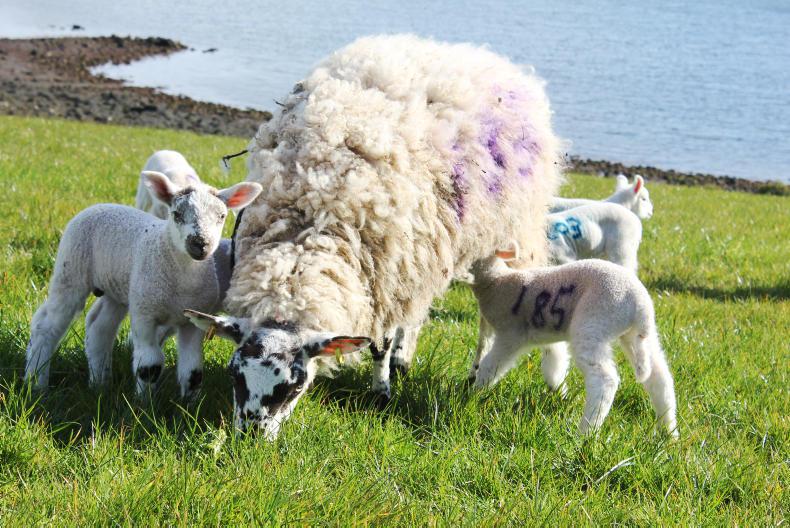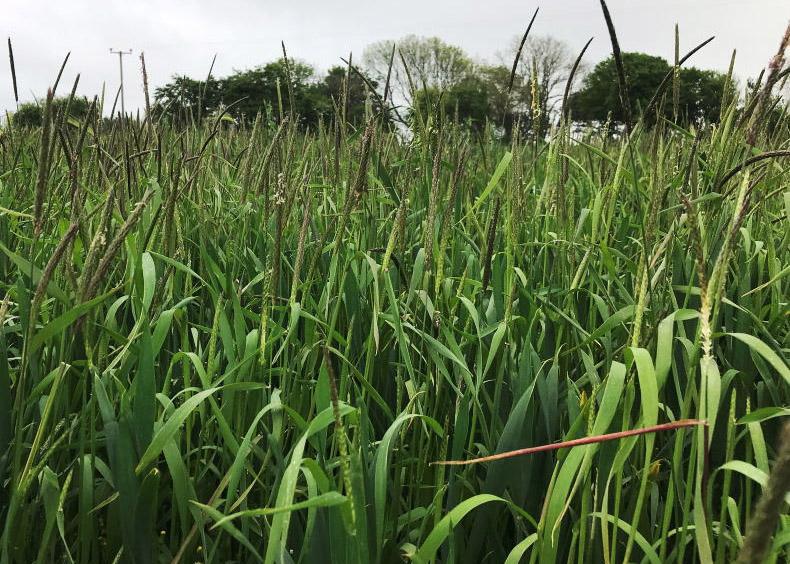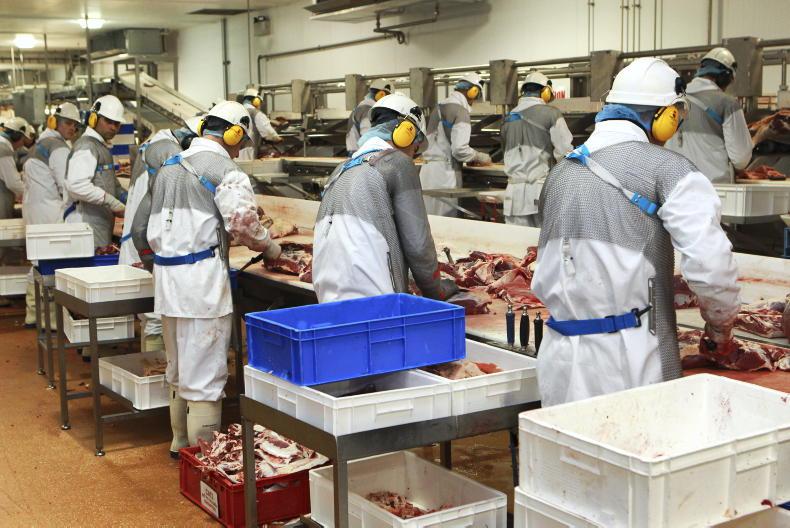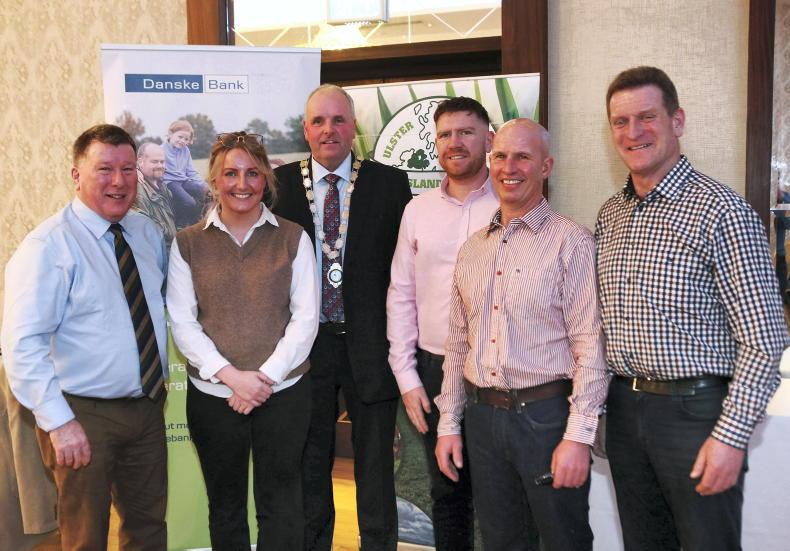Over the last 15 years, a number of UK supermarkets have developed contracts for farmers in a range of sectors, designed to cover costs of production.
Tesco has probably been the most innovative, starting with a dairy contract in 2007, and since then creating “Sustainable Farming Groups” in a number of areas, including beef and sheep.
One of their recent initiatives was a cost of production contract for lamb, first trialled in 2016, before being more widely rolled out. In NI, a select group of producers, mainly in Co Down, have supplied to the scheme via Linden Foods.
While these farmers have additional hoops to jump through in terms of recording information, and have tight weight specifications to meet, in return they know price in advance, and that it will cover costs.
When markets are in the doldrums, as happened in 2020, signing up to the contract has worked in favour of suppliers. However, a guaranteed price (understood to be just over 550p/kg) won’t encourage as much participation in 2021.
Tesco will rightly argue that farmers on the contract must accept the “rough with the smooth”. Farmers will rightly question why they should sign up to more paperwork to get lower prices.
But there is a wider argument around whether as an industry we should get involved in schemes where only a small number get sustainable prices. Are we being used as part of a wider supermarket spin machine? What is wrong with the research and advice being given to farmers that we need someone from a supermarket to tell us how to farm?
The disparity is particularly evident in Britain during milk price slumps, with those lucky enough to be on a supermarket contract still receiving over 30p/l.
To be fair to the dairy co-ops in NI (notably Dale Farm), they did the right thing by refusing to get involved. They have come up with a better approach, offering fixed-price schemes that treat all suppliers the same. Surely it isn’t beyond the ability of meat processors to do something similar.
Read more
Changes to Tesco's Angus Scheme
UK lamb can compete globally – abattoir boss
Over the last 15 years, a number of UK supermarkets have developed contracts for farmers in a range of sectors, designed to cover costs of production.
Tesco has probably been the most innovative, starting with a dairy contract in 2007, and since then creating “Sustainable Farming Groups” in a number of areas, including beef and sheep.
One of their recent initiatives was a cost of production contract for lamb, first trialled in 2016, before being more widely rolled out. In NI, a select group of producers, mainly in Co Down, have supplied to the scheme via Linden Foods.
While these farmers have additional hoops to jump through in terms of recording information, and have tight weight specifications to meet, in return they know price in advance, and that it will cover costs.
When markets are in the doldrums, as happened in 2020, signing up to the contract has worked in favour of suppliers. However, a guaranteed price (understood to be just over 550p/kg) won’t encourage as much participation in 2021.
Tesco will rightly argue that farmers on the contract must accept the “rough with the smooth”. Farmers will rightly question why they should sign up to more paperwork to get lower prices.
But there is a wider argument around whether as an industry we should get involved in schemes where only a small number get sustainable prices. Are we being used as part of a wider supermarket spin machine? What is wrong with the research and advice being given to farmers that we need someone from a supermarket to tell us how to farm?
The disparity is particularly evident in Britain during milk price slumps, with those lucky enough to be on a supermarket contract still receiving over 30p/l.
To be fair to the dairy co-ops in NI (notably Dale Farm), they did the right thing by refusing to get involved. They have come up with a better approach, offering fixed-price schemes that treat all suppliers the same. Surely it isn’t beyond the ability of meat processors to do something similar.
Read more
Changes to Tesco's Angus Scheme
UK lamb can compete globally – abattoir boss










SHARING OPTIONS